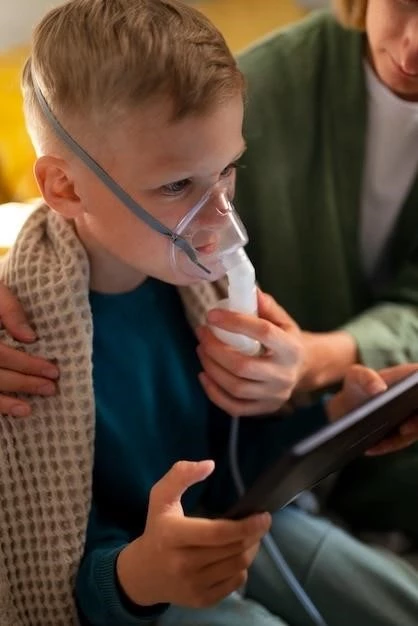Disease Overview
This article provides an overview of mental disability‚ nasal bridge hypoplasia‚ and the impact of excessive weight gain and underdeveloped reproductive organs on individuals.
Introduction to Mental Retardation and Nasal Hypoplasia
Individuals with mental disability may experience intellectual impairment‚ developmental delay‚ and nose underdevelopment known as nasal bridge hypoplasia. When combined with the challenges of excessive weight gain and conditions like enlarged genitals or underdeveloped reproductive organs‚ the overall health and well-being of affected individuals can be significantly impacted. Understanding these interconnected factors is crucial for providing comprehensive care and support.
Impact of Disease on Physical Health
Excessive weight gain and enlarged genitals can lead to physical challenges in individuals with these conditions.
Excessive Weight Gain and Obesity
Individuals affected by mental retardation‚ nasal hypoplasia‚ and genital hypoplasia may also struggle with excessive weight gain‚ leading to obesity. This can further exacerbate health issues and pose additional challenges in managing their overall well-being. Understanding the underlying factors contributing to weight gain is essential in developing tailored interventions to address this specific aspect of their health.
Enlarged Genitals and Genital Hypoplasia
In individuals with mental disability and nasal bridge hypoplasia‚ issues like enlarged genitals or underdeveloped reproductive organs can occur. These physical manifestations can impact both their physical health and emotional well-being‚ requiring a comprehensive approach to medical management and support to address the challenges associated with genital hypoplasia. Understanding the complexities surrounding these conditions is vital in providing holistic care for affected individuals.
Psychological and Social Implications
Individuals with these conditions may face mental health challenges due to dual diagnoses‚ impacting their overall well-being and social interactions.
Mental Health Challenges in Individuals with Dual Diagnoses
Individuals facing mental retardation‚ nasal hypoplasia‚ and other physical health issues may also experience mental health challenges. The presence of dual diagnoses can significantly impact their psychological well-being‚ requiring specialized support and tailored interventions to address both the physical and psychological aspects of their conditions. Understanding the intersection between mental health and the complex medical needs of these individuals is crucial in providing comprehensive care and promoting positive mental health outcomes.

Treatment and Support Options
Medical interventions aim to manage physical symptoms‚ while therapeutic strategies focus on enhancing the quality of life for individuals with these complex conditions.
Medical Interventions for Managing Physical Symptoms
Individuals with mental retardation‚ nasal hypoplasia‚ and conditions like obesity and genital hypoplasia may benefit from various medical interventions aimed at addressing their physical symptoms. These interventions may include specialized treatments to manage weight‚ corrective surgical procedures for nasal bridge hypoplasia‚ and hormonal therapies to address issues related to genital hypoplasia. A multidisciplinary approach involving healthcare professionals from various specialties is essential to providing comprehensive care tailored to the specific needs of each individual.
Therapeutic Strategies for Improving Quality of Life
Therapeutic approaches play a vital role in enhancing the quality of life for individuals with mental disability‚ nasal hypoplasia‚ obesity‚ and genital hypoplasia; Behavioral interventions‚ educational support‚ speech and occupational therapies‚ and psychological counseling can all contribute to improving overall well-being and functional abilities. These strategies focus on empowering individuals‚ promoting independence‚ and addressing the unique challenges associated with their conditions. By incorporating a range of therapeutic interventions‚ individuals can better navigate the complexities of their health conditions and lead fulfilling lives.
In conclusion‚ the interconnected nature of mental disability‚ nasal hypoplasia‚ obesity‚ and genital hypoplasia underscores the importance of comprehensive care and support tailored to the unique needs of affected individuals.
Summary of Key Points
The combination of mental disability‚ nasal bridge hypoplasia‚ excessive weight gain‚ and conditions like enlarged genitals or underdeveloped reproductive organs can pose significant physical and psychological challenges for individuals. Treatment involves medical interventions targeting physical symptoms and therapeutic strategies to enhance quality of life. Understanding and addressing the complex needs of individuals with these conditions are essential in providing holistic care and promoting overall well-being.
